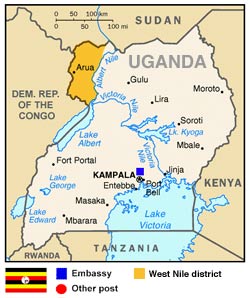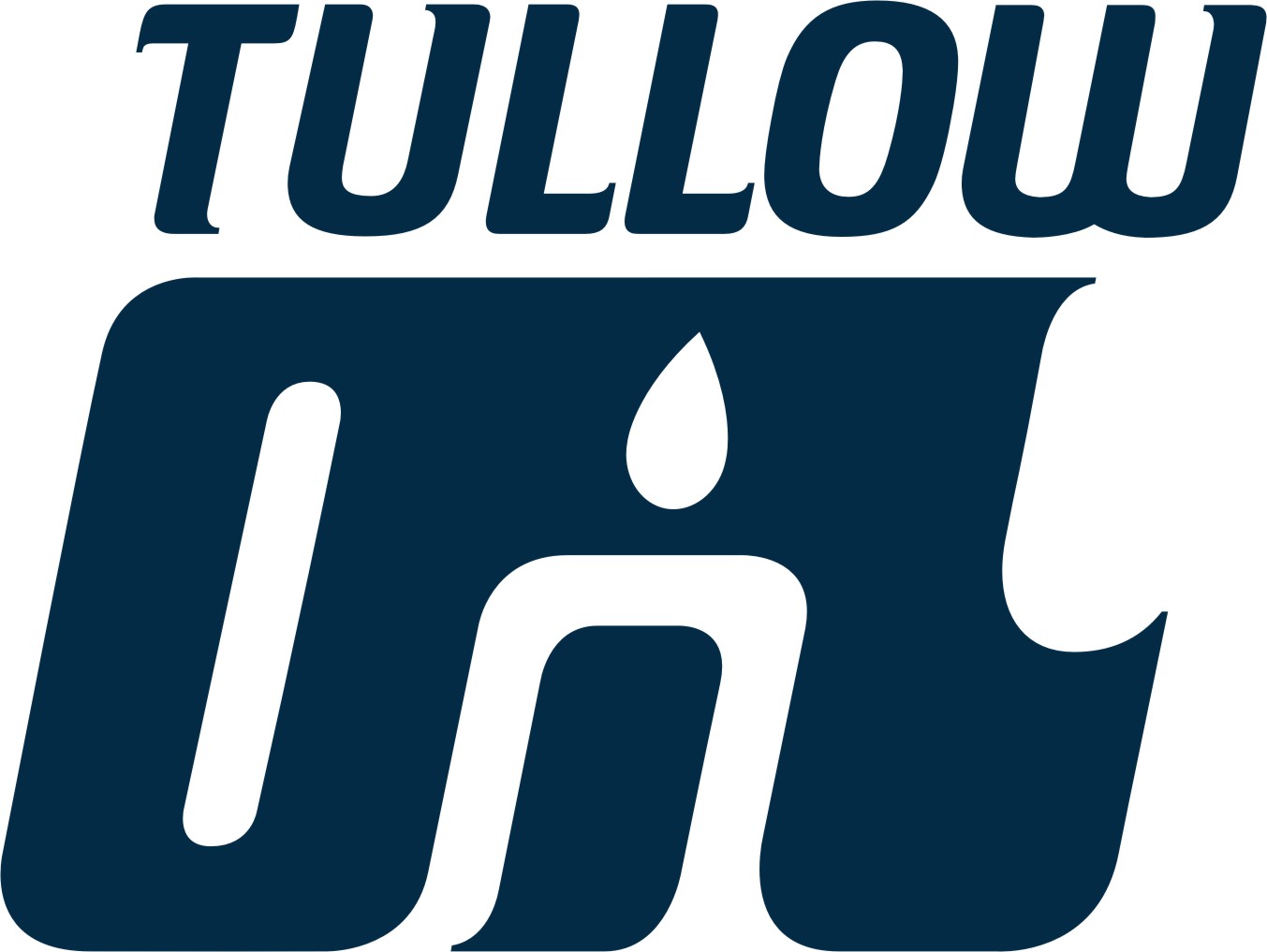Our last correspondence on this blog, was about the Tullow farm down being just hours away from conclusion. That was at the beginning of the week. Tullow executives including its chief internal counsel Graham Martin left the country on Thursday without signing the deal. It was however a week of high-level meetings and those who attended said that “progress” had been made. This was one of the most difficult meets to “break into”. We called it the Death Watch. Each evening as the meetings winded, we call sources and sources of sources, often from a bar stool, to try and figure out what was going on.
Even then very little information was coming through. Finally on Thursday I spoke to senior government official involved directly with the negotiations. He basically said the Ugandan side was in no hurry to sign just for the sake of closure. When I asked if new timelines had been set he declined to commit.
“ We asked the companies to allow for more time to negotiate after the 15th of July when the first deadline was missed” he said. So as it is now the Tullow farm down has no deadlines save for that being contingent on all issues being resolved.
As the markets open tomorrow however there is good news about this deal. The reason it was not signed was not because the parties were not ready to sign. “ The government told them that because of pressure from parliament, signing should be withheld for two or three weeks as two bills regulating the oil sector are brought to the House,” said one insider. He added that the companies including Tullow were also “reluctant” to sign under the present political situation (probably worrying that the deal would be under siege or even overturned in the near future)
The responsiveness of the government, often given to ignoring the House, is very interesting. First it shows the sensitivity of the oil sector to the government. It also shows how deep the present upheavals in the ruling party are cutting. Parliament has a minority Opposition with such small numbers to be ineffectual. In effect the so-called newly discovered independence of the House is possible because of splits within the ruling party itself. While the negotiations were going on, the party leadership was fire-fighting Mps who among others have set their eyes on forcefully removing the Prime Minister Amama Mbabazi from his office and his position as party Secretary General. He is being defended by President Yoweri Museveni. The bond between the men is increasingly being played out in the media.
Their relationship deserves separate comment. The battles with ruling party Mps will continue for a while. It happens that every after an election, activism by Mps is highest. This time around it has benefitted openness and transparency in the oil sector for which am personally grateful since I went to court over this matter in 2007.
However Mps leveraging their power against the executive may not always be on principle, but as a bargaining tool. It follows that if what they are bargaining for is settled- these gains in transparency could also be reversed or supported less actively. Such is the politics.
Meanwhile Bujagali Hydro-power Dam will start testing 50 MW on the national grid this week. Before this all testing was on the turbines. The electricity distributor, Umeme and the Uganda National Electricity Transmission Company (UETCL) are fast tracking lines to bring the cheaper power into homes and businesses. UETCL in particular has created a second route ending at Kawanda outside Kampala and near a sub-station that Umeme runs. Kampala and Entebbe together form the bulk of electricity consumers (over half) in Uganda. Tariffs are however expected to remain high or rise even if the country plans to decommission another thermal power plant by Christmas.
In other news, ahem, the MTN marathon date is set for late November and so begins the hustle to get in shape.










